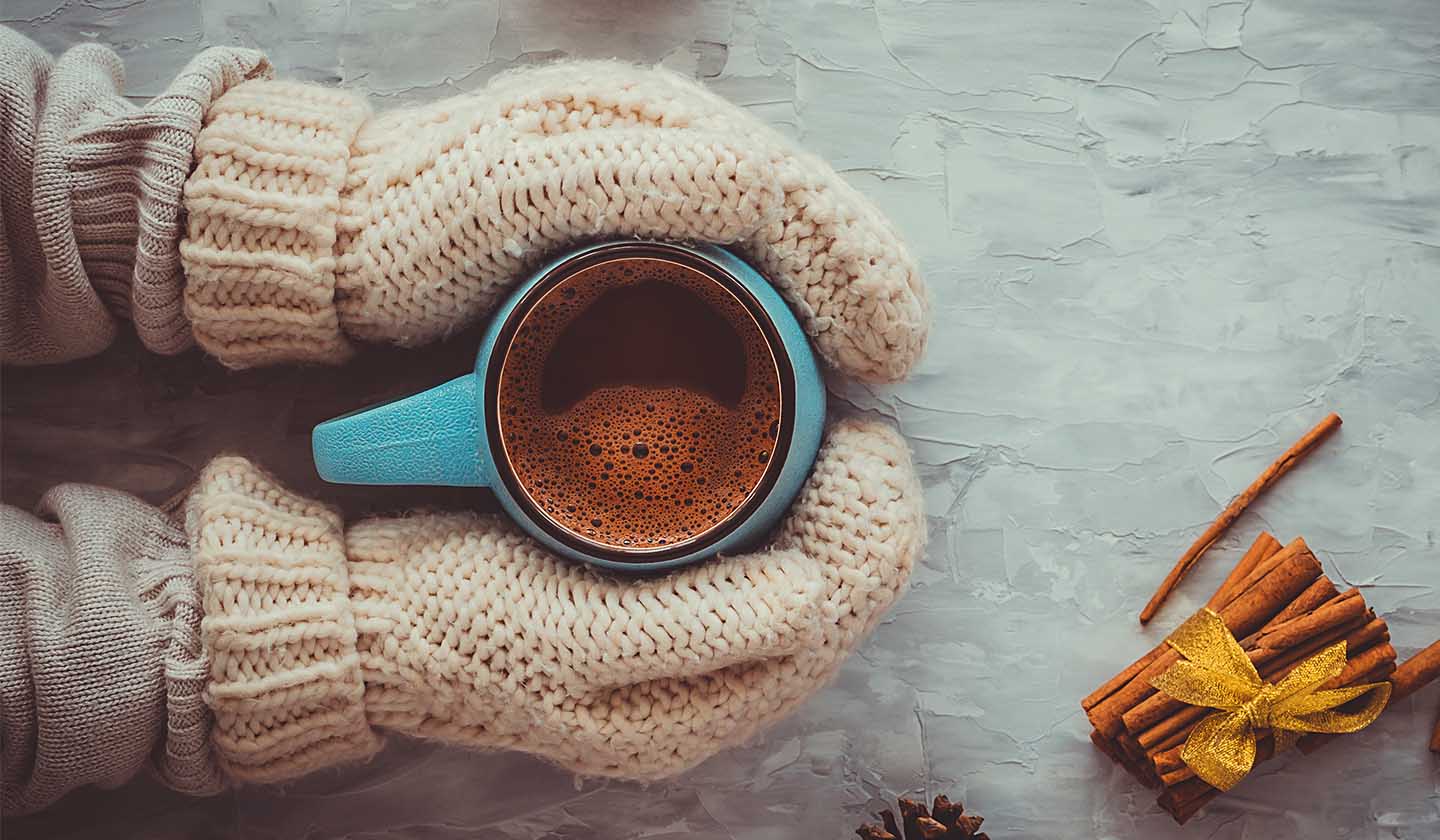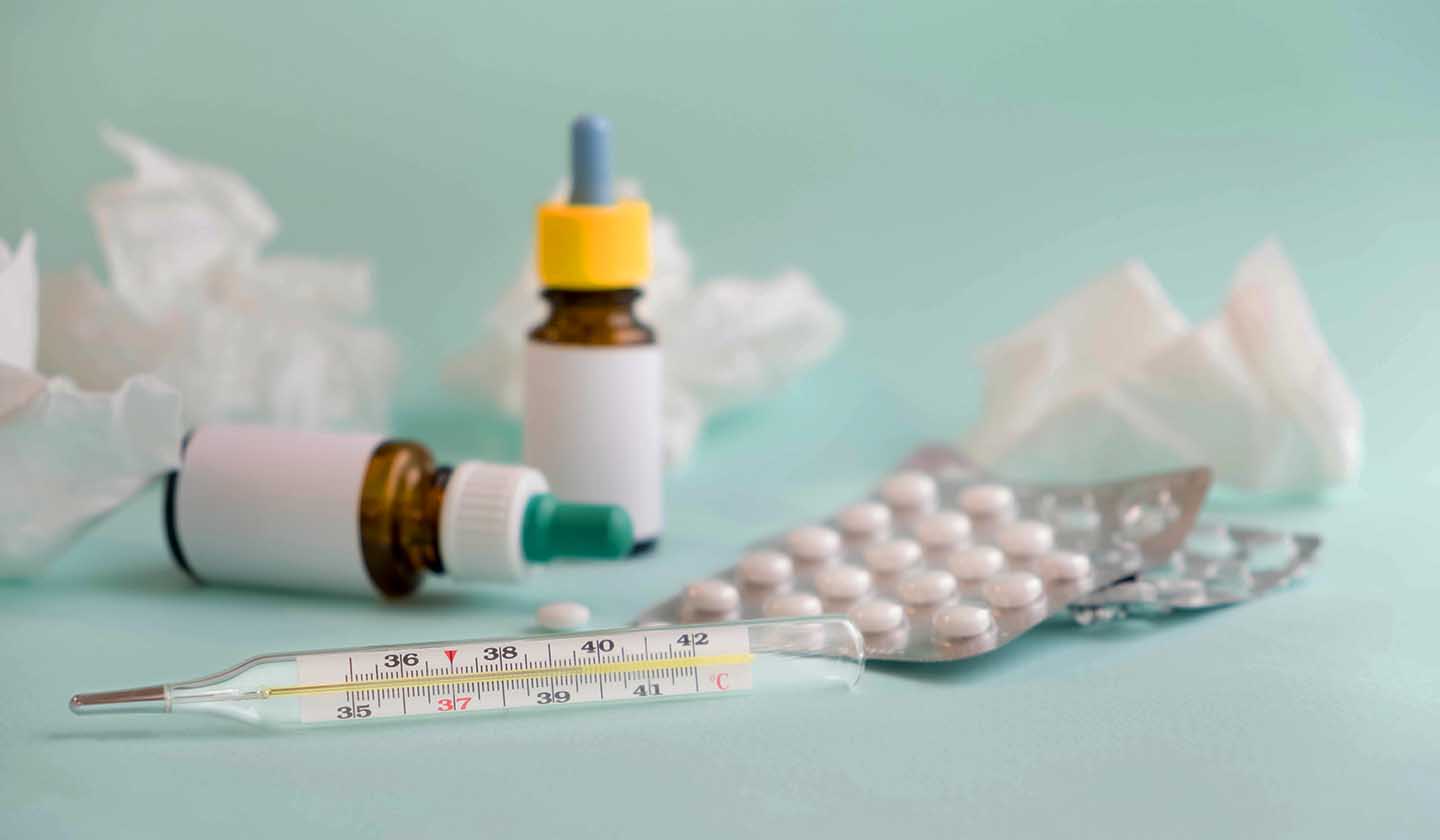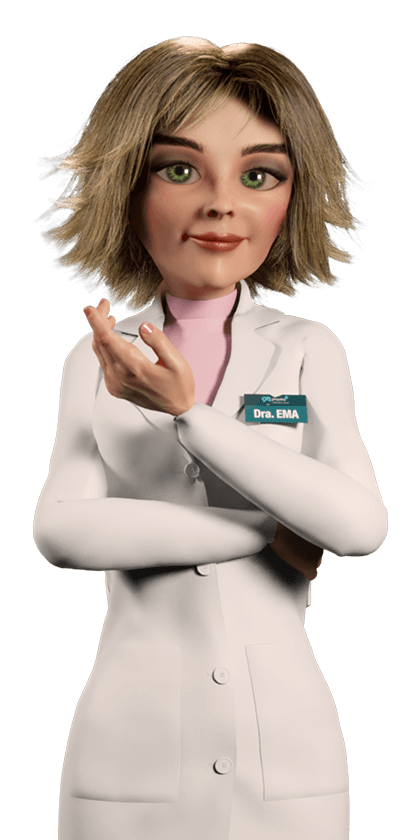Prevention and treatment
Got everything you need for winter?

Winter is a very demanding season for the body. Being immune to diseases or minimizing their impact on health requires prevention. In addition, you must understand what factors make you more predisposed to developing certain symptoms or pathologies.

In winter, viruses multiply and are responsible for flu and colds.
These conditions have similar symptoms, so we must tell them apart to treat them correctly.
- Cold - gradual onset, sneezing, runny or stuffy nose, eye irritation, low-grade fever, mild pain, cough, and phlegm.
- Flu - sudden onset, high fever, severe head and muscle pain, stuffy nose, sore throat, dry cough, rarely sneezing and eye irritation. It can get worse, turning into pneumonia or bronchitis.
A strong immune system is one of the best ways to protect ourselves from flu and colds. People with more fragile immune systems may need vitamin supplements such as selenium, zinc, vitamin C, echinacea and royal jelly. Ask your pharmacist to help you find a supplement appropriate to your condition.
In winter, skin and lip problems are also quite common, and sometimes they can cause:
-
Chilblains - abnormal reaction to the cold, making the most exposed area red, swollen and with a burning sensation or pain.
-
Chapped skin - excessive dryness of the lips, cheeks, nose and back of the hands, causing cracks and dehydration of the skin.

The winter pharmacy cabinet is based on the relieving of cold weather symptoms:
- Fever and pain
-
-
Antipyretics
-
Painkillers
-
Digital or infra-red thermometer
-
- Nasal congestion
-
-
topical nasal decongestants in spray or drops - apply directly to the nose
-
oral administration decongestants (systemic)
-
saline solution
-
hyper or hypotonic spray of sea water
-
- Runny nose or rhinorrhoea
-
-
antihistamines - medicines for allergies that help reduce the amount of nasal mucus
-
- Cough
-
-
mucolytics and expectorants - facilitate the release of secretions making them more fluid
-
Antitussives - for occasional situations of dry and irritating cough
-
- Sore throat, hoarseness and aphonia
-
-
anti-inflammatory drugs
-
tablets with local anaesthetics
-
fruit and plant-based emollient lozenges - calm and soothe throat irritation
-
- Chap - moisturisers in sticks, creams, or ointments
- Chilblains
-
-
antiseptic and regenerating cream, indicated in the care and prevention of chilblains
-
moisturiser
-
Remember that other situations may occur regardless of the season, such as:
- Burns and scalds (e.g. cooking, ironing)
-
-
regenerating ointment
-
painkillers for pain relief
-
- Cuts, scrapes and other wounds - Always have a first aid kit with: 70% isopropyl alcohol, unidose saline solution, pair of tweezers, scissors, thermometer, plasters of different sizes, compresses, bandages, gauze, adhesive, disposable gloves, and disinfectant solution
- Trauma (e.g. bumps) and muscle pain
-
-
Arnica and plant-based ointments, gels, or lotions
-
Painkillers
-
anti-inflammatory drugs
-
To know
Being prepared to act upon the symptoms of the most common winter diseases is of utmost importance and keeping medications in conditions that guarantee their effectiveness and safety is also especially important. Medicinal products should be:
-
kept away from light, moisture, and heat sources
-
kept away from children to avoid the risk of poisoning
-
kept in their original packaging, together with the respective information leaflet
-
medicines prescribed by the doctor should be separated from the rest and adults’ medications should be separated from those of children
-
see if there are any outdated or unused drugs. These must be placed in VALORMED containers at pharmacies.
Drugs should be taken according to your doctor or pharmacist indications. At this time of winter, when symptoms often last for several days, it is especially important not to exceed the recommended doses or the maximum time for taking a certain medication.
Ask your pharmacist for advice on how to prevent and treat winter health problems and to organize your winter closet.
Sources
iSaúde
Farmácia Distribuição Magazine
Também lhe poderá interessar
Prevention and treatment
Got everything you need for the summer?
Prevention and treatment






